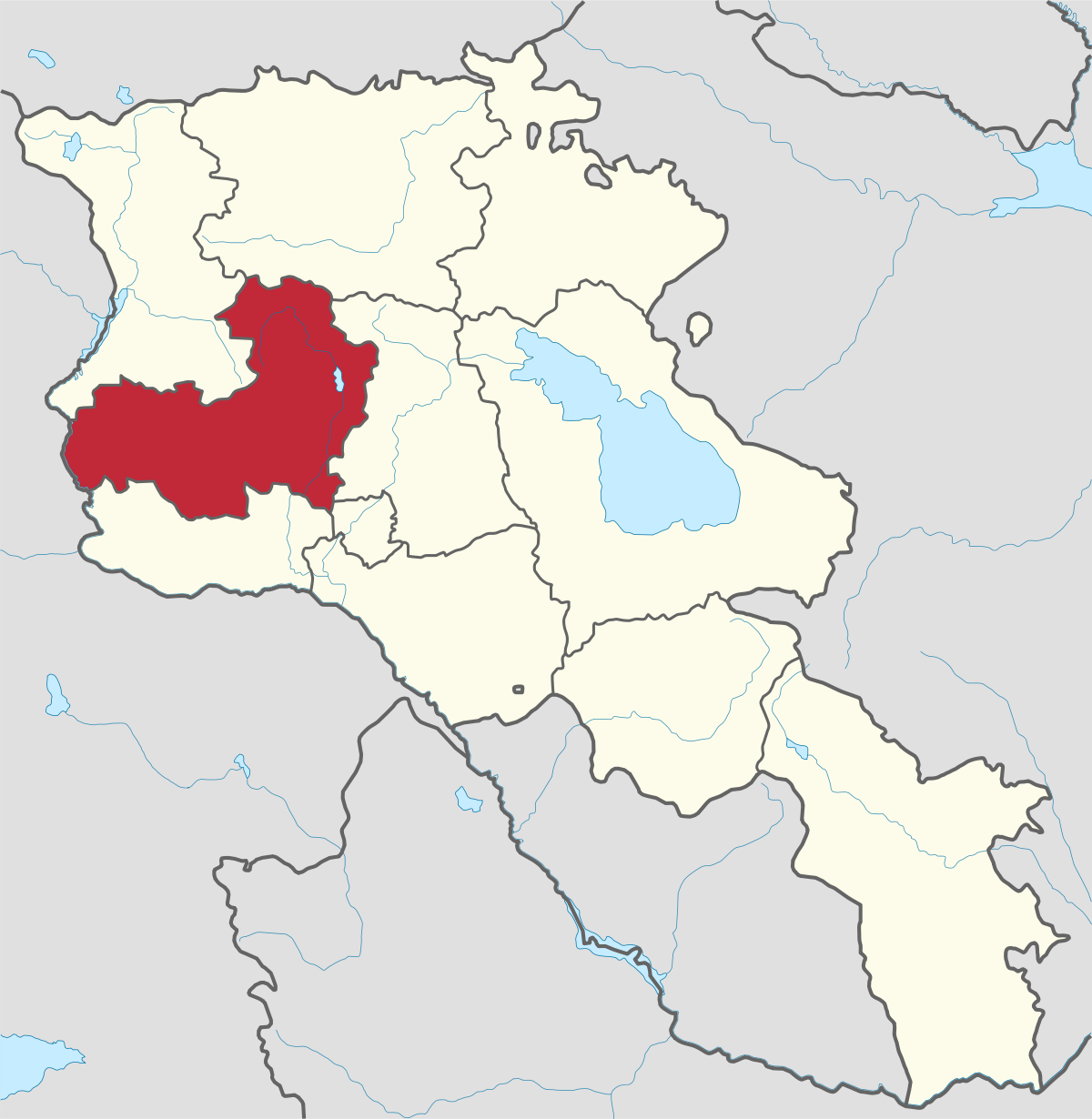
Aragatsotn Region
Aragatsotn is named after the massive mountain (4095m / 13,435 ft.) that hovers over the northern reaches of Armenia. This region is one of the...
Karmravor, Tsiranavor, Spitakavor Churches
Karmravor Church
The most famous of the “three sisters” is Karmravor, a tiny jewel sitting in the midst of an early Christian/Medieval Cemetery. It was built in the 7th century. It’s a small church with a red dome because of which it has got its name – karmravor means reddish. The church was originally named Saint Astvatsatsin (Holy Mother of God). As to the entire building, it’s made of brown tuff. Despite its small size the church is especially interesting because it’s where Shukhonts Handwritten Bible gifted to the church in 1873 and the stunning Indian curtain dating to the 1790s are preserved. Other than that, it is considered the best structure of its type. The church is the first (and smallest) of three structures of its type built in Talin and Ashtarak regions in the 6th-7th cc.
Tsiranavor Church
The cruciform Church of Tsiranavor is presently not a functioning church and there are only the walls remaining. It, also, is a small church, and is called Tsiranavor because of the color of the tuff stone used in the construction – tsiranavor means featuring apricot color. The church was built within the 13th-14th centuries.
Spitakavor Church
The Church of Spitakavor is believed to be built within 540-557. It's presently in ruins. The church is called Spitakavor because of the whitish stone used in its construction.
Legend
There is a legend about these three churches, which has it that there were three sisters who were all in love with the same man. It is said that the elder two sisters decided to throw themselves off of a hill into the gorge so that their younger sister would marry the man and be happy. The younger sister, however, after learning what had happened also threw herself into the gorge. And it is said that one of the sisters was wearing a red dress, the other an apricot dress and the youngest a white dress. And there go the names of the churches. If you are interested what happened to the man, the legend has it that he became a hermit.

Aragatsotn is named after the massive mountain (4095m / 13,435 ft.) that hovers over the northern reaches of Armenia. This region is one of the...
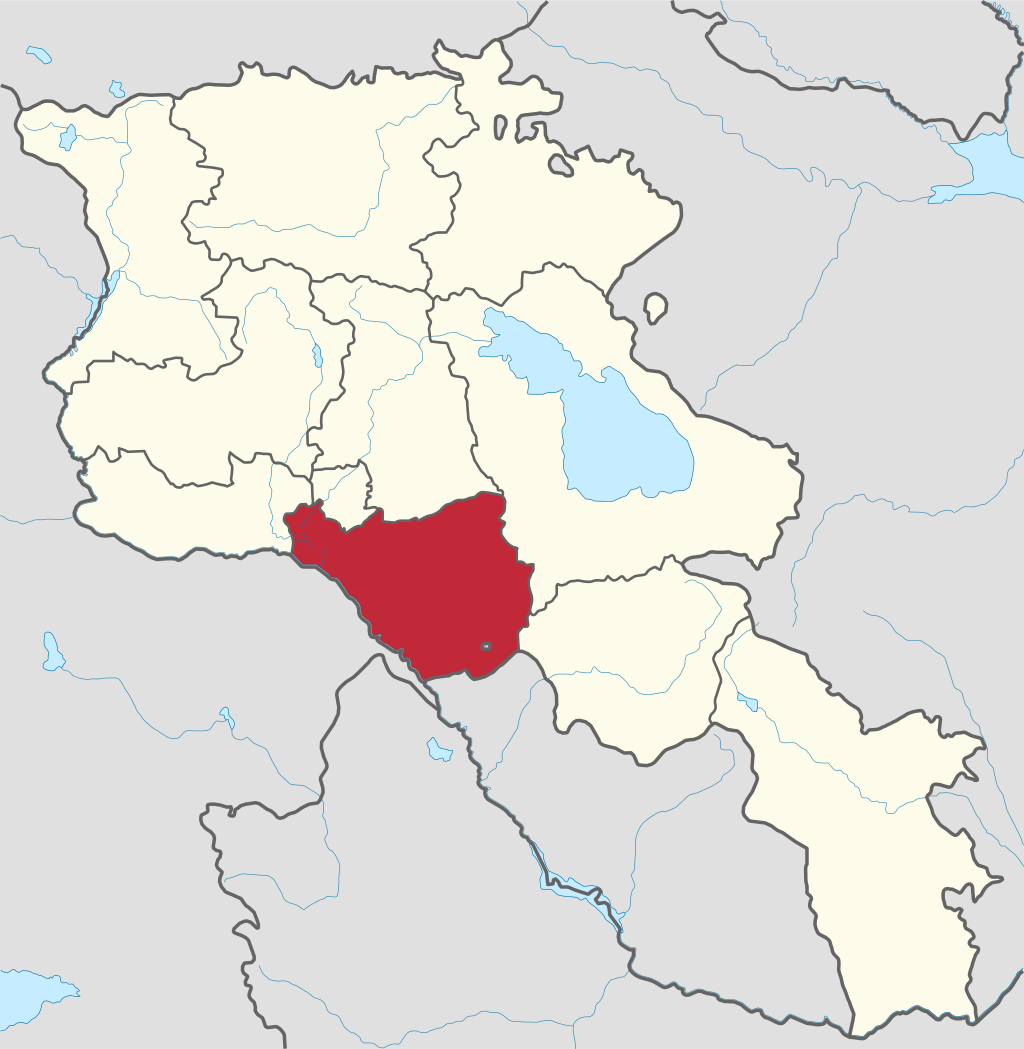
Ararat region is named after the biblical Mount Ararat which is mentioned in the Bible as a place where Noah’s ark has landed after the Great...
.png)
Armavir Region - Because of its Christian history the region is most famous for locals and Diaspora Armenians, who make pilgrimages to Armenia to...
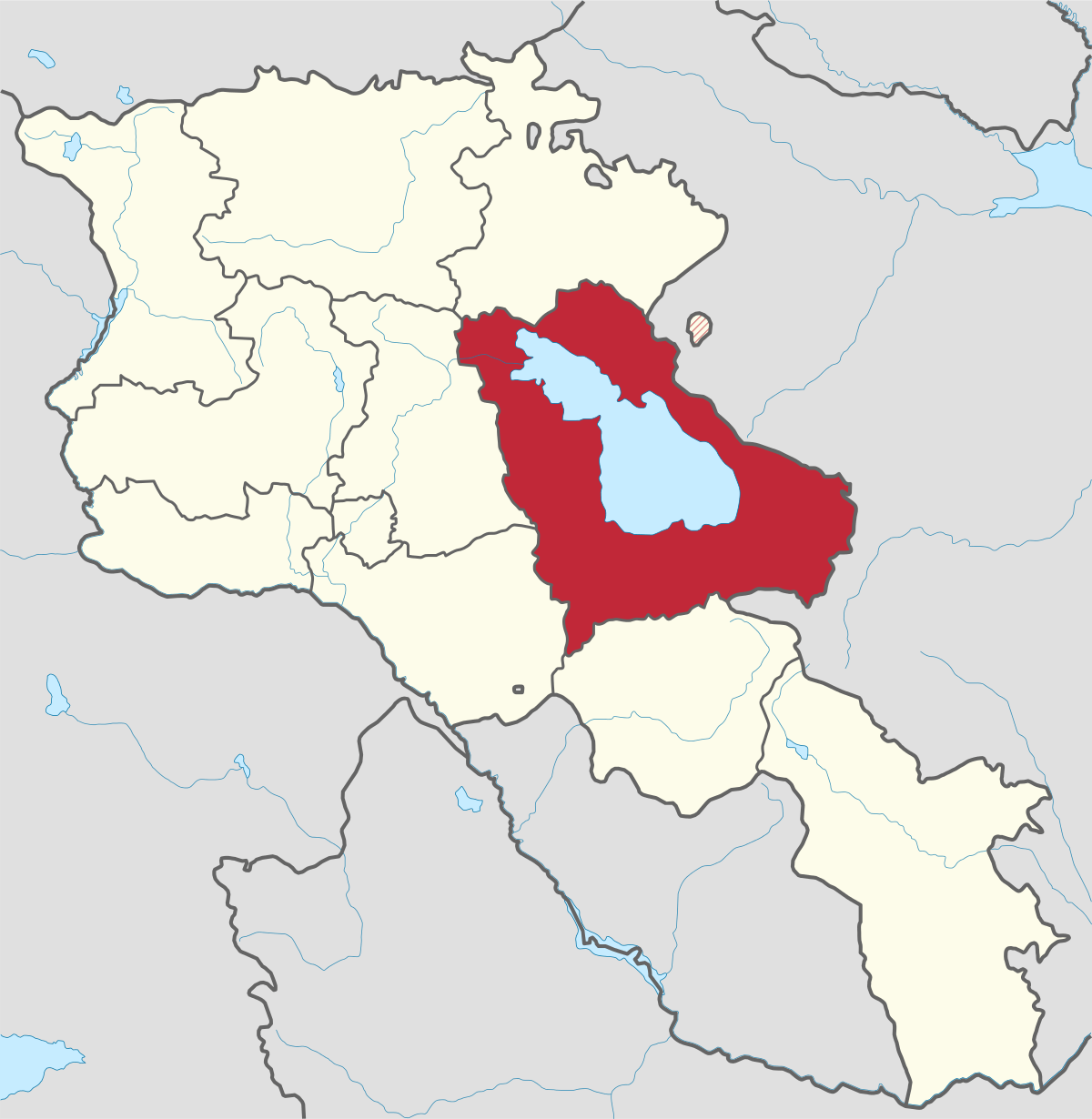
Gegharkunik ist die größte Region Armeniens, die an Aserbaidschan und die Shahumyan-Region der Republik Berg-Karabach grenzt. Ein Viertel der...
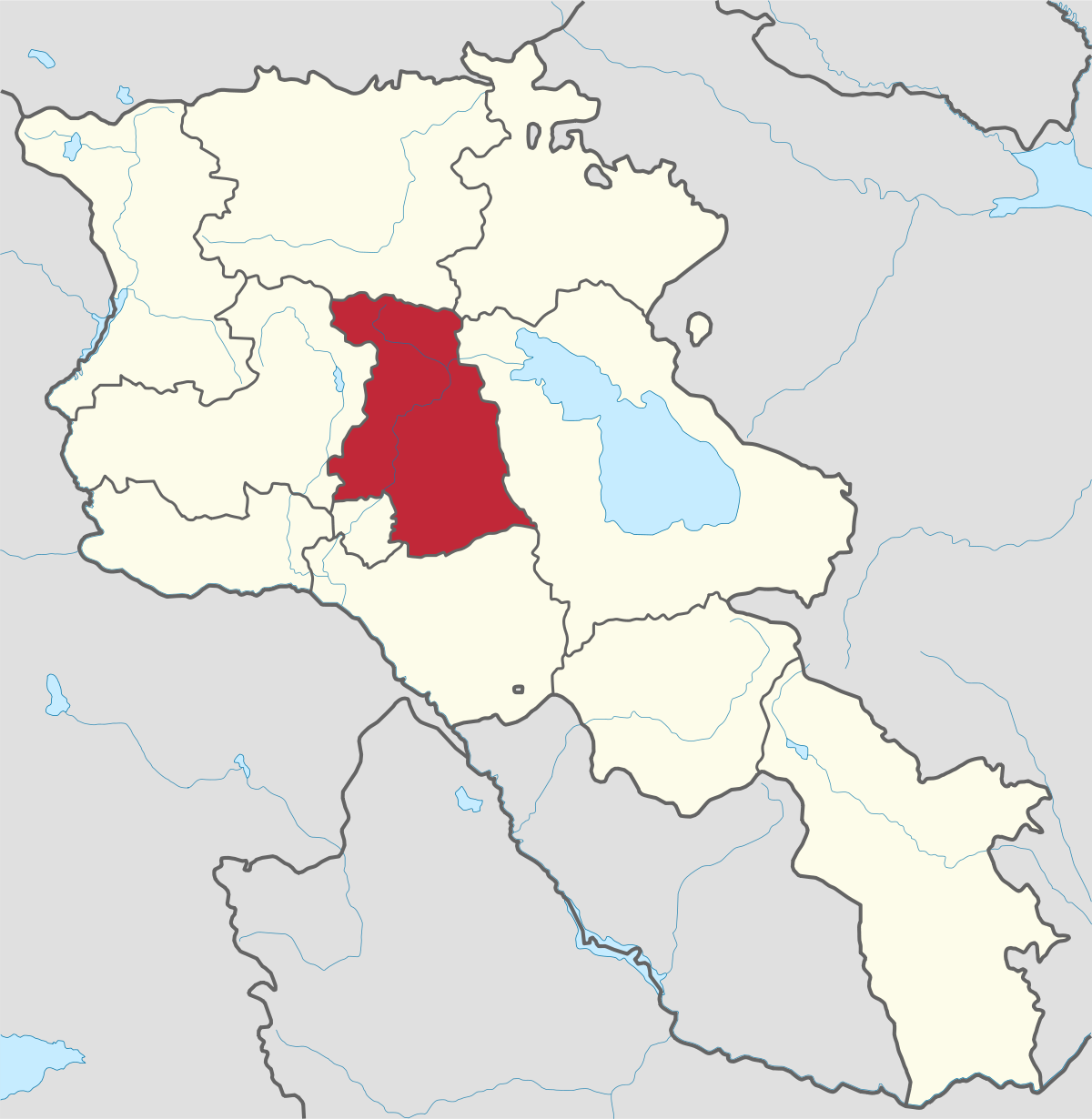
Kotayk region is located at the central part of the country and is home to many must-see sites in Armenia including the pagan Temple of Garni...
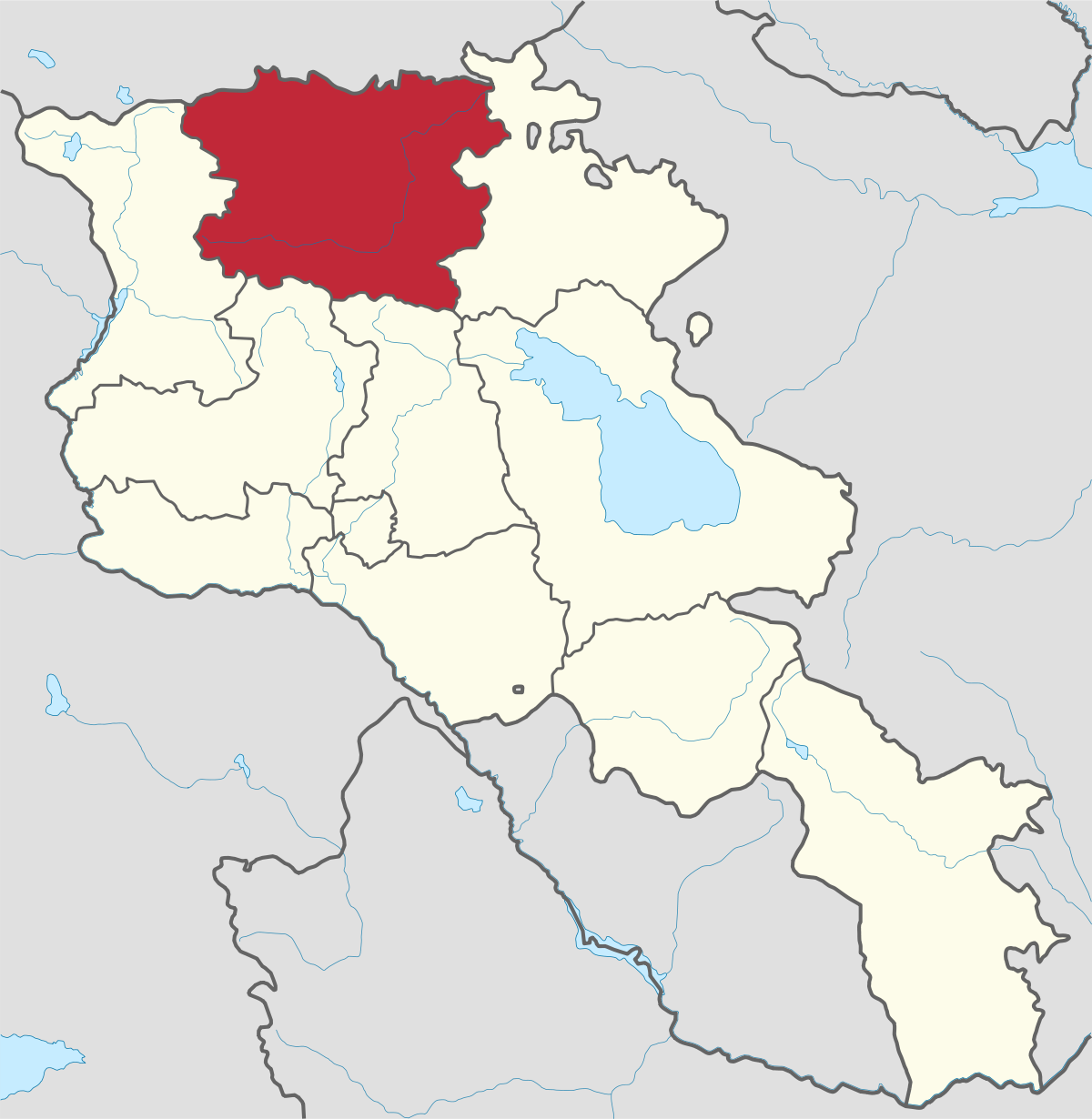
Lori region is in the northern part of Armenia, bordering on Georgia. It is considered Armenia’s greenest area, with more native forest land than...
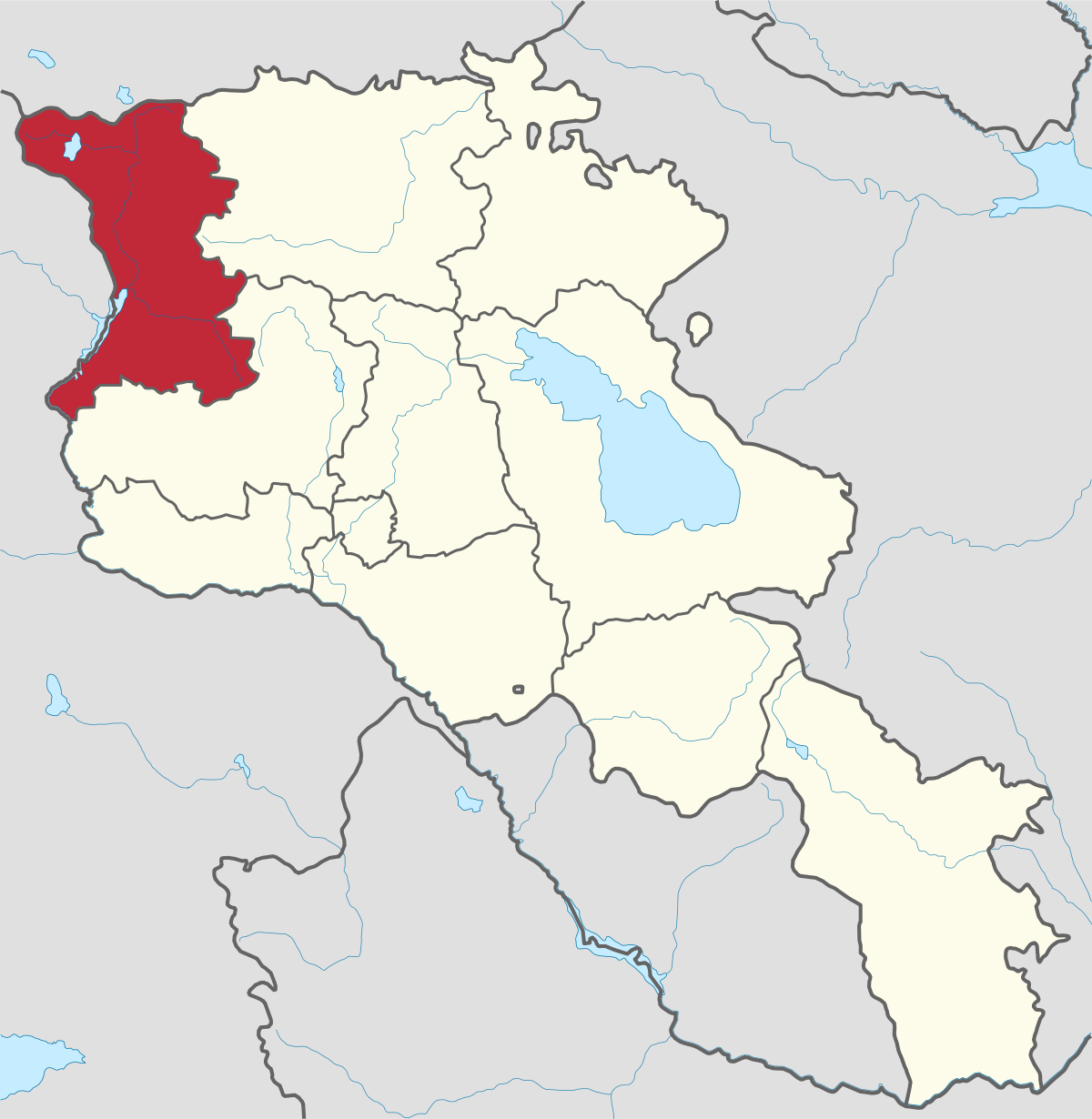
Shirak region lies in the north-west of Armenia. It borders with Georgia and Turkey. Shirak region is mainly dominated by the Ashotsk Plateau and...
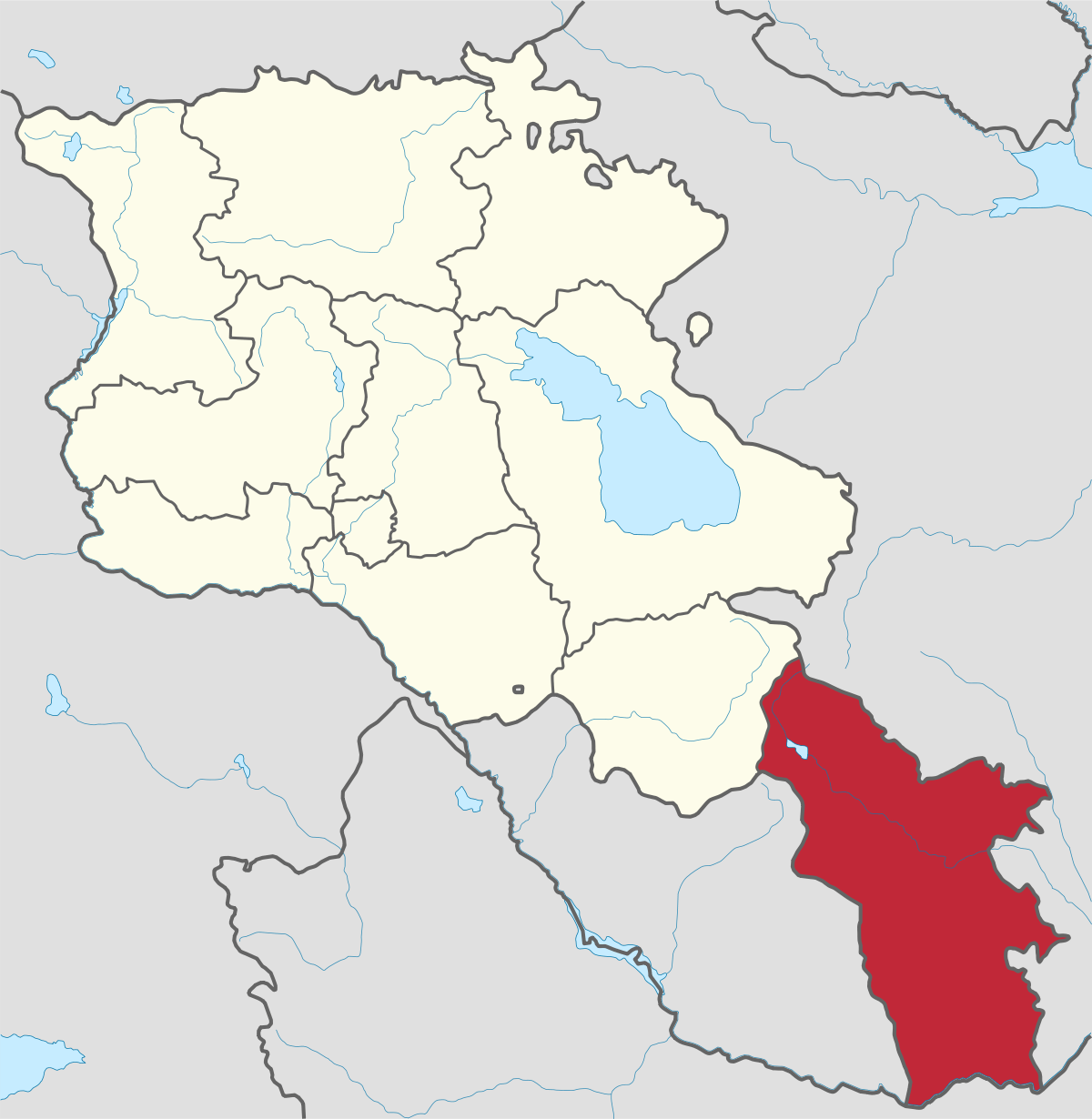
Syunik region- It is in the southern part of Armenia, bordering by Azerbaijan's Nakhchivan Autonomous Republic exclave, the de facto independent...
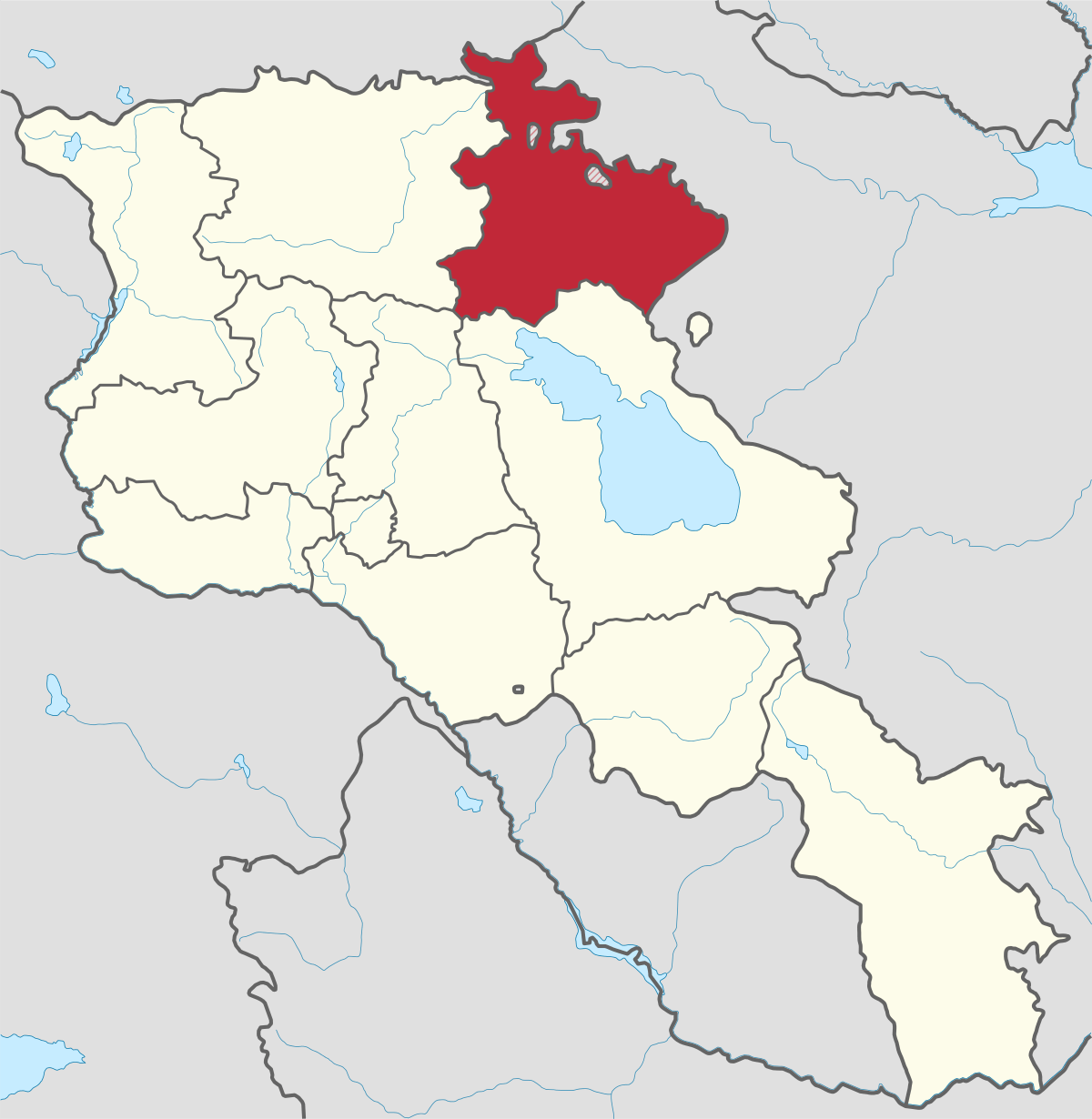
Tavush region lies in the Northeast of Armenia, bordering by Georgia and Azerbaijan. The territory is mainly mountainous and rocky hillsides...
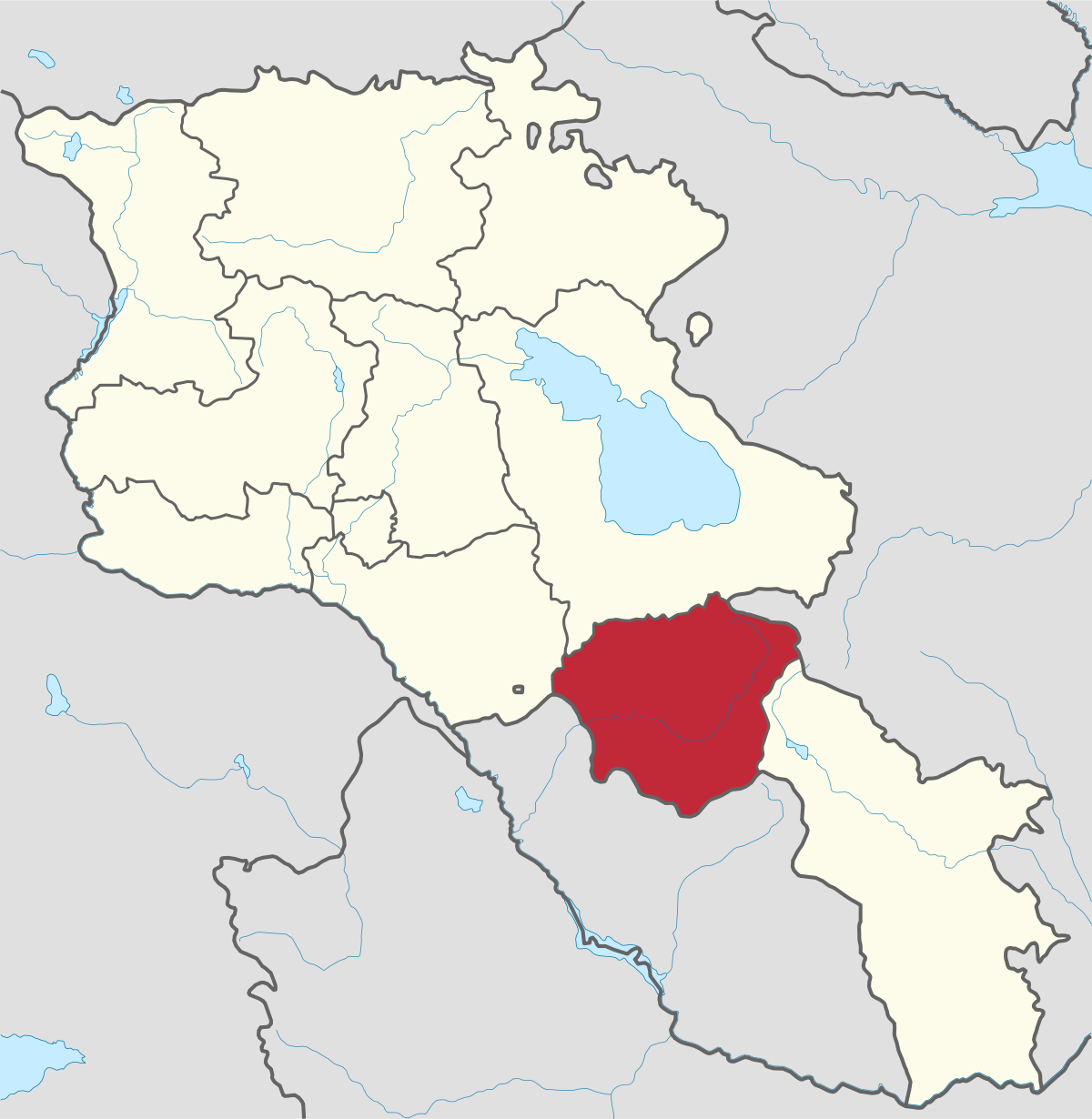
Vayots Dzor region is mainly a mountainous region at the southeastern end of the country, known with Jermuk Waterfall, Areni cave, Smbataberd...
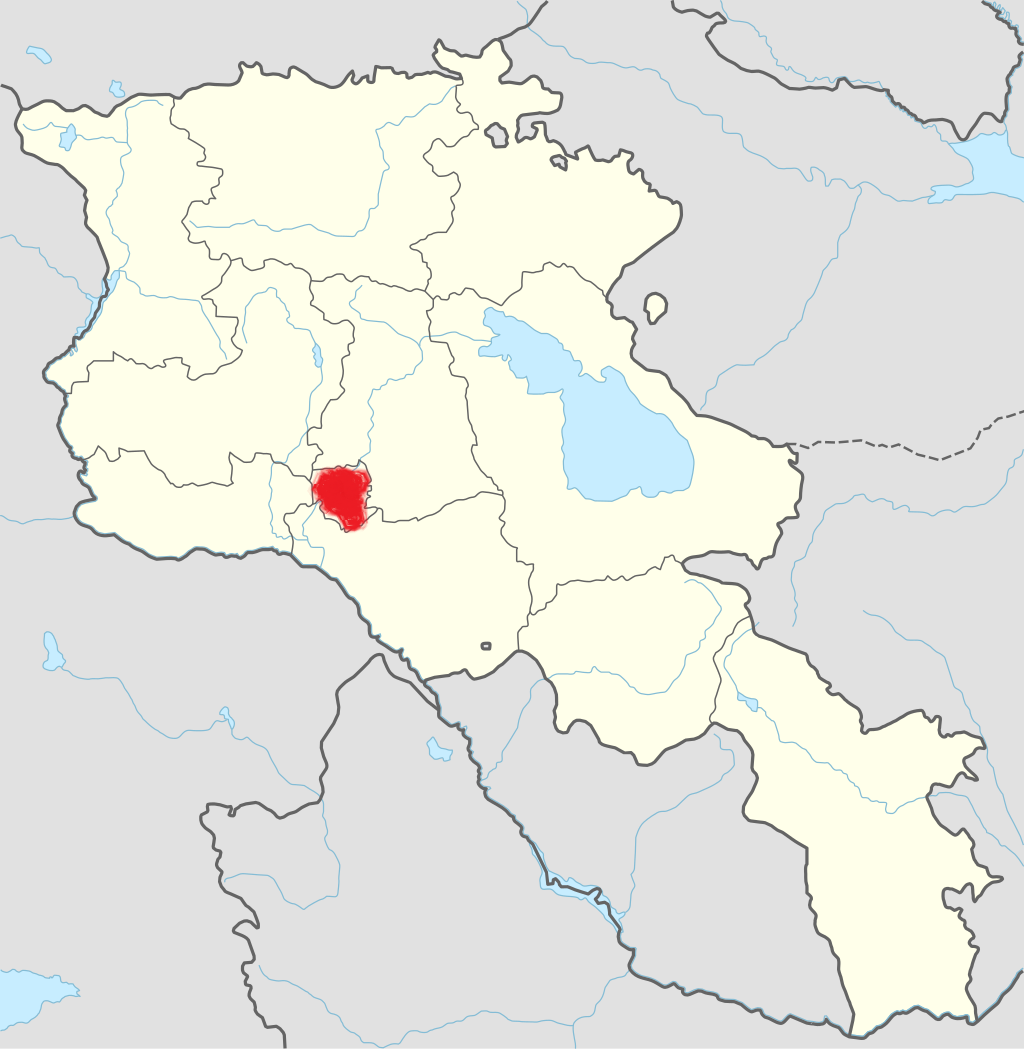
Yerevan city – 2800 years old. Yerevan is the capital of the Republic of Armenia with more than 1 million people. It is an amazing city with view...
800
149
1476
32